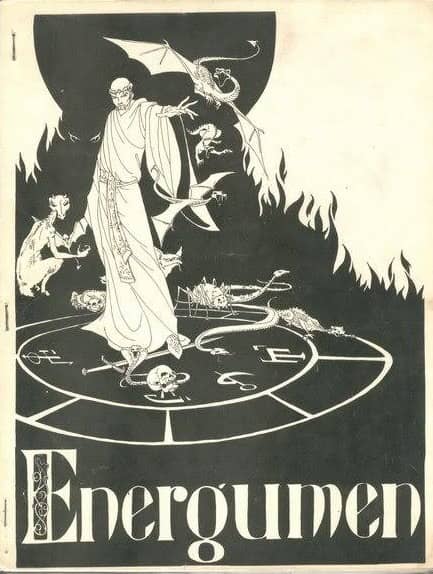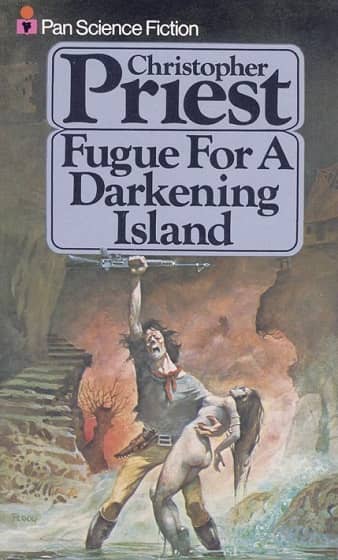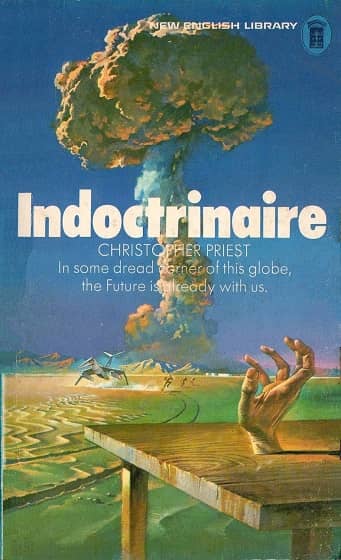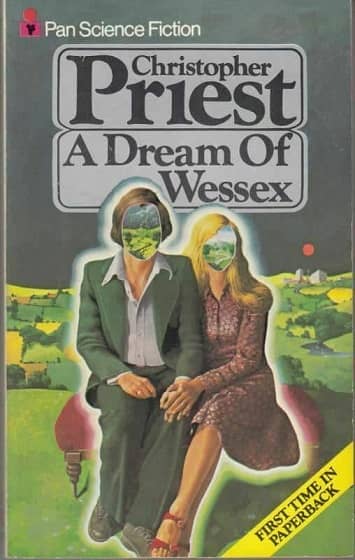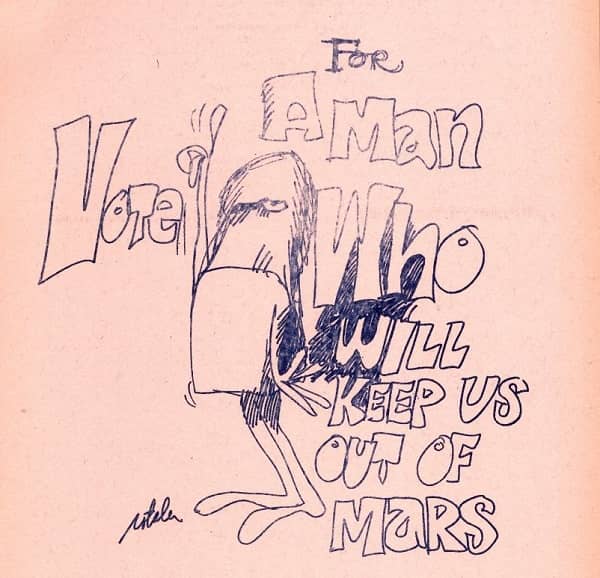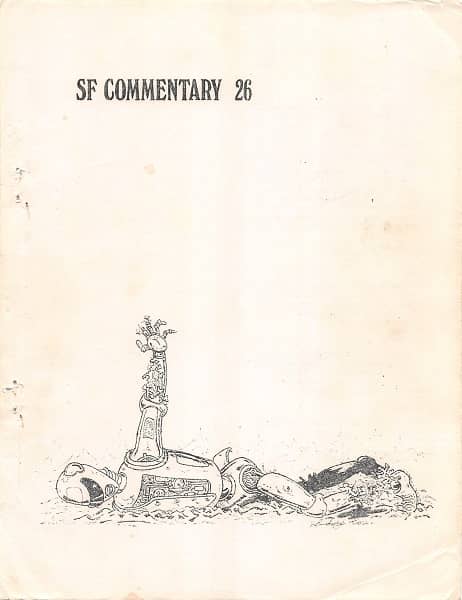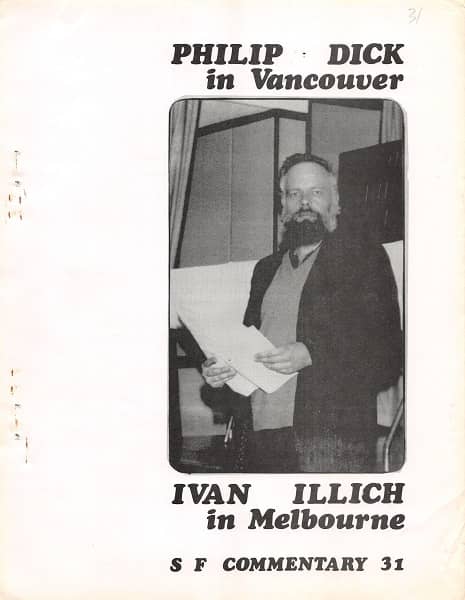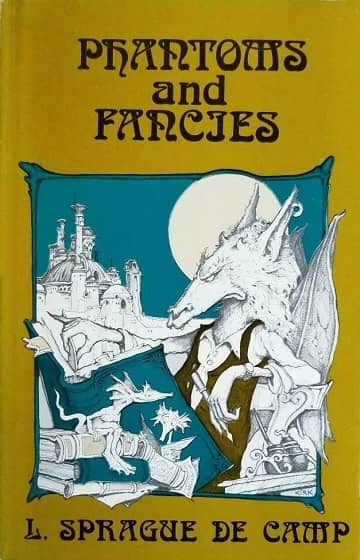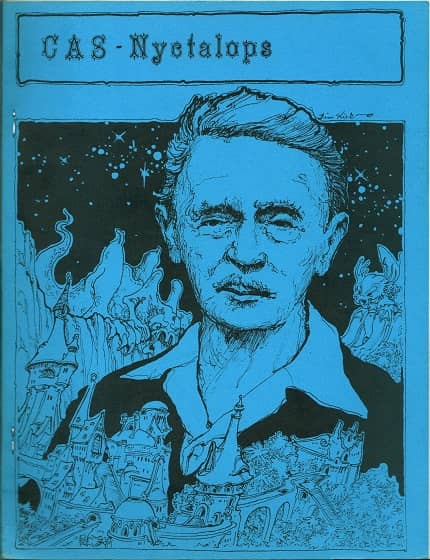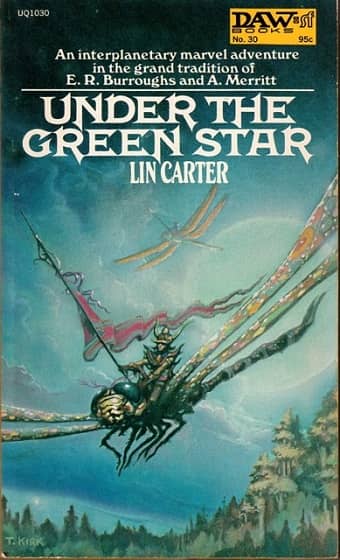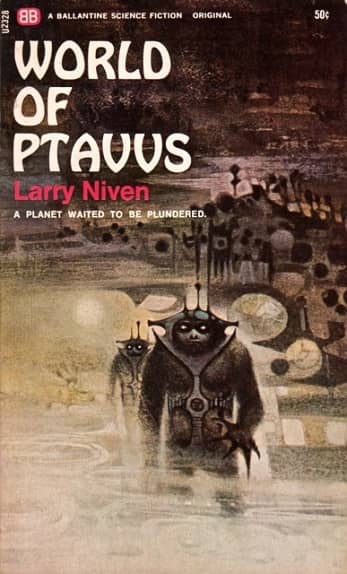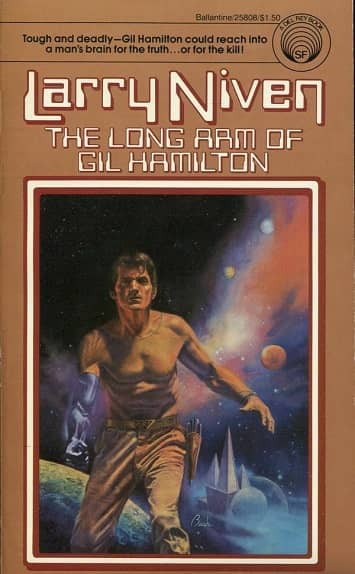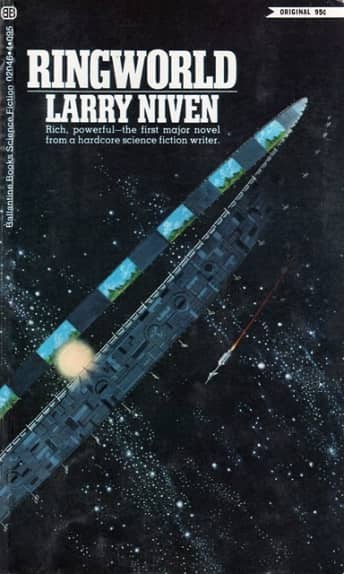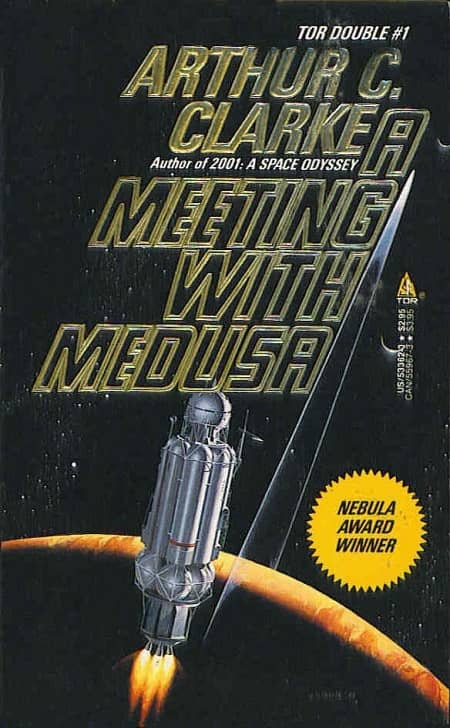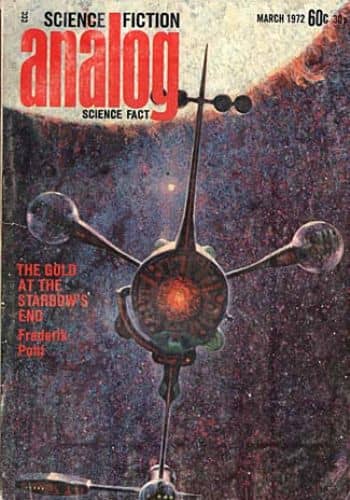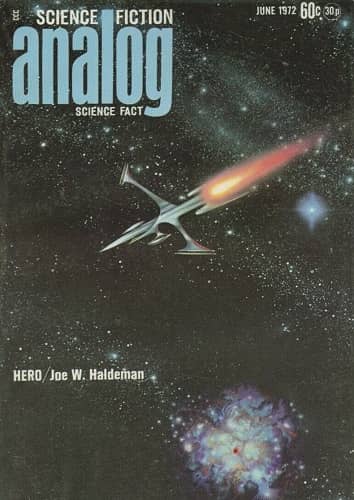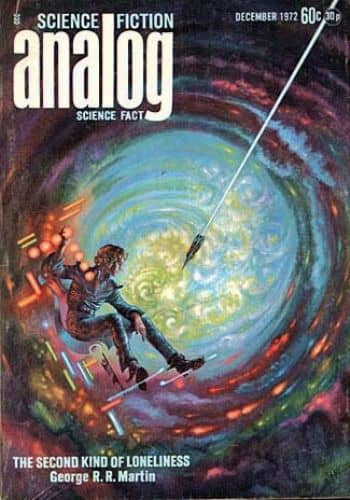The Golden Age of Science Fiction: The 1973 Hugo and Nebula Awards for Best Novel: The Gods Themselves by Isaac Asimov
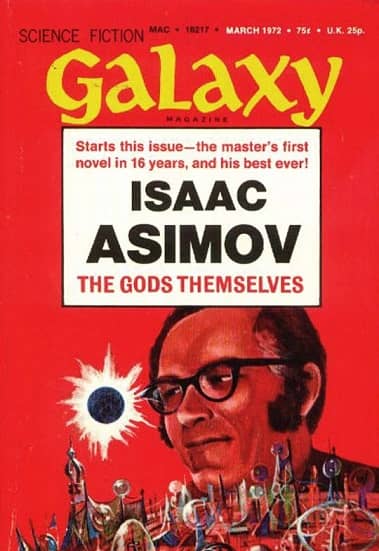 |
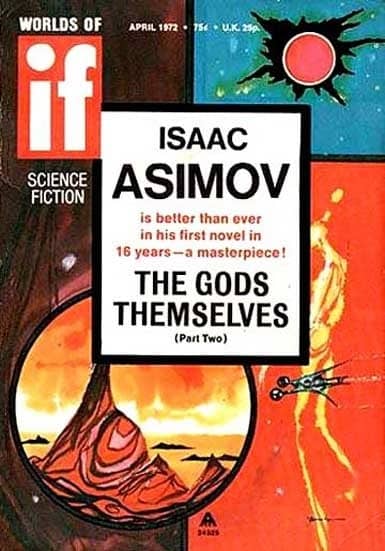 |
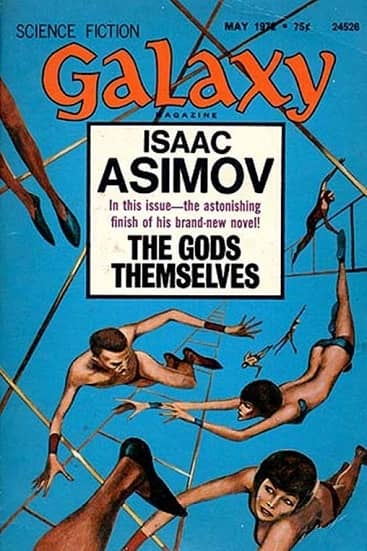 |
Galaxy and IF magazines serializing Asimov’s The Gods Themselves in 1972. Covers by Jack Gaughan
In 1973 the Hugo, Nebula, and Locus Awards for Best Novel were each won by The Gods Themselves, by Isaac Asimov. The Gods Themselves also won Australia’s Ditmar Award for Best International Novel.
Isaac Asimov had won two previous Hugos, but neither was a “Regular” Hugo – he won a Special Award for his F&SF Science articles in 1963, and in 1966 the Foundation Series was named Best All-Time Series, a one-time category, beating out (to his expressed great surprise) Robert A. Heinlein’s Future History, Doc Smith’s Lensmen novels, Edgar Rice Burroughs’ Barsoom series, and J. R. R. Tolkien’s The Lord of the Rings. Asimov had largely stopped writing fiction in the late 1950s, slowing down to roughly a short story a year through the 1960s. Beginning in the early ‘70s, however, he began to produce more fiction, including the Black Widower mysteries, and some more SF. Robert Silverberg coaxed a story out of him for his new original anthology series, New Dimensions, and Asimov wrote “Plutonium-186,” but soon realized it should be a full novel. (He gave Silverberg another story, “Take a Match.”) “Plutonium-186” became The Gods Themselves, his first novel in 15 years (not counting the novelization of the movie Fantastic Voyage.)
The novel was first serialized in a strange way. Galaxy and If were sister magazines, each published bi-monthly. So the three (fairly separate) parts of The Gods Themselves appeared in Galaxy for March-April 1972, If for March-April 1972, and then Galaxy for May-June. The hardcover appeared from Doubleday in May.
